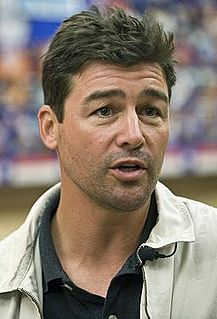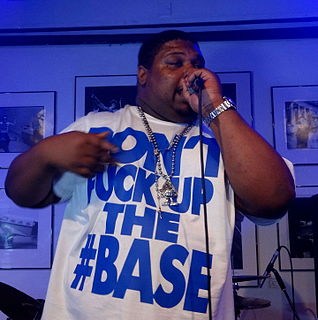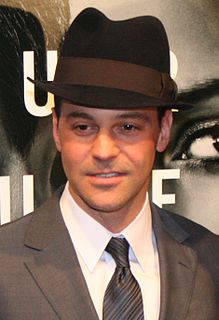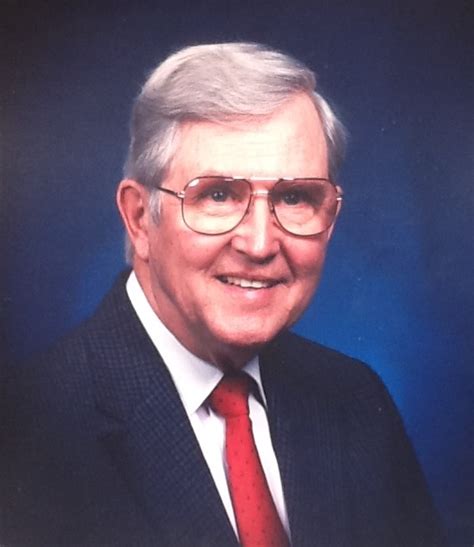A Quote by John Kenneth Galbraith
By all but the pathologically romantic, it is now recognized that this is not the age of the small man.
Related Quotes
A lot of abstract painters seem to be doing everything all at once now. And so these different styles are jibing and not so jibing, and they're clashing. But they all seem to be working in their own domain. Whereas back in the '60s, man, it was kind of a dull world. It was a vital world. But it was kind of contained and not too recognized by the public. Now art is absolutely recognized by the public.
I grew up in the American South, the segregated South. Now we have a black man who is president. It was an age of apartheid, and now that's over. It was an age of two superpowers frozen in a cold war, and now that's resolved. So history marches on, except for this Arab-Israel conflict, which seems to have a claim on being eternal.
Man has no individual 'I'. But there are, instead, hundreds and thousands of separate small 'I's, very often entirely unknown to one another, never coming into contact, or, on the contrary, hostile to each other, mutually exclusive and incompatible. Each minute, each moment, man is saying or thinking, 'I'. And each time his 'I' is different. Just now it was a thought, now it is a desire, now a sensation, now another thought, and so on, endlessly. Man is a plurality. Man's name is legion.
And now I am eking out my days in my corner, taunting myself with the bitter and entirely useless consolations that an intelligent man cannot seriously become anything; that only a fool can become something. Yes, sir, an intelligent nineteenth-century man must be, is morally bound to be, an essentially characterless creature; and a man of character, a man of action - an essentially limited creature. This is my conviction at the age of forty. I am forty now, and forty years - why, it is all of a lifetime, it is the deepest of old age. Living past forty is indecent, vulgar, immoral!
Artistic creation, after all, is not subject to absolute laws, valid from age to age; since it is related to the more general aim of mastery of the world, it has an infinite number of facets, the vincula that connect man with his vital activity; and even if the path towards knowledge is unending, no step that takes man nearer to a full understanding of the meaning of his existence can be too small to count.
Incrementalism: In the first generation, the goal of the movement was wholesale social and cultural transformation. Small, incremental victories were too little given the magnitude of America's moral decay. Since 1988, the new leaders have recognized that incrementalism is the surest path to success in political competition. The current movement is committed to securing small victories now, postponing for the long-term more fundamental changes in society and politics.





































